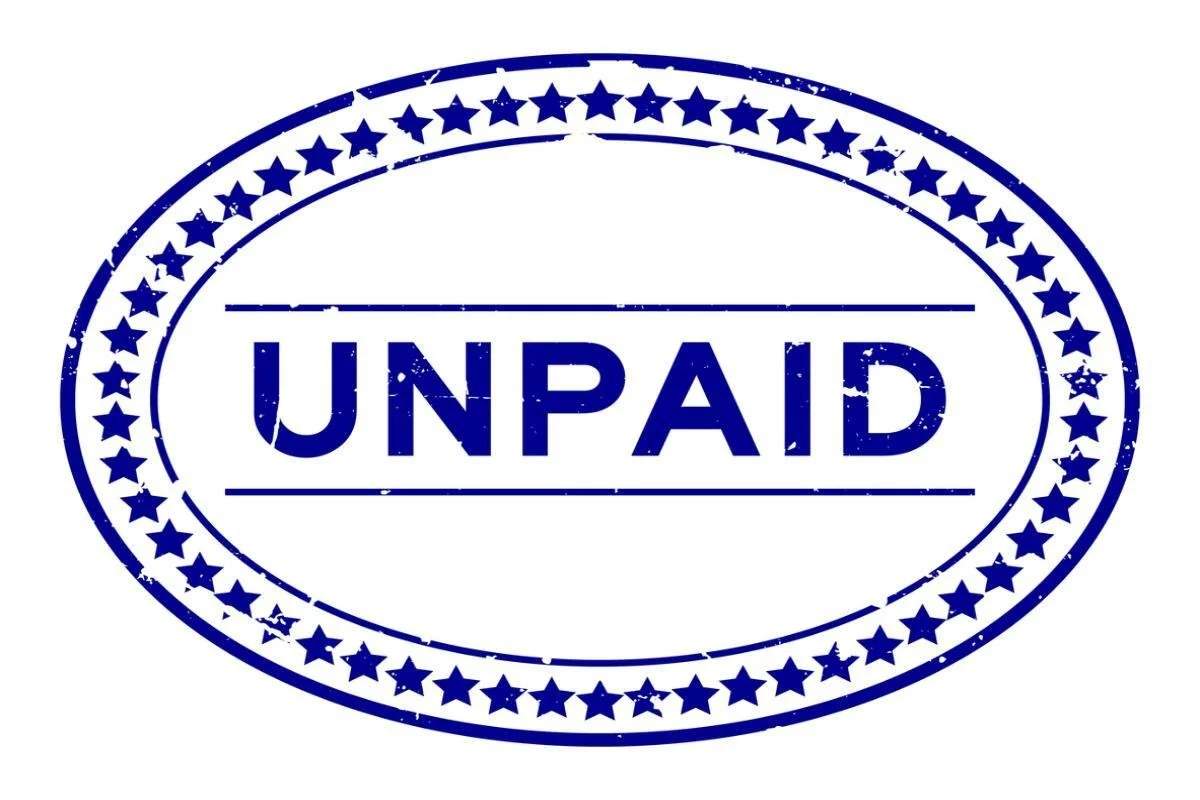Culinary Specialties Faces Class Action Over Denied Meal Breaks and Wage Violations
/In 2025, Culinary Specialties, Inc. was named in a class-action lawsuit filed in the San Diego County Superior Court. The complaint alleges that the company violated multiple provisions of the California Labor Code by failing to provide employees with lawful, off-duty meal breaks and by failing to provide full compensation for time worked.
Case: Erika Montoro v. Culinary Specialties, Inc.
Court: San Diego County Superior Court (California)
Case No.: 25CU046725N
The Plaintiff: Montoro v. Culinary Specialties, Inc.
Erika Montoro filed the lawsuit on behalf of herself and other current and former employees, alleging that Culinary Specialties failed to provide required off-duty meal periods and did not pay premium wages when those breaks were missed or interrupted. According to the complaint, employees were routinely required to work more than five hours without receiving an uninterrupted 30-minute meal period, and some were denied a second meal period during shifts exceeding ten hours. The plaintiffs also claim that workers were required to remain "on call" during meal periods, forcing them to stay available for work-related duties and thus preventing them from fully discharging their job responsibilities.
The Defendant: Montoro v. Culinary Specialties, Inc.
Culinary Specialties, Inc. operates as a food production and manufacturing company based in Southern California. The lawsuit alleges that the company's policies and scheduling practices violate several sections of the California Labor Code, including those governing wages, meal periods, and reimbursement of expenses. Employees were allegedly required to remain on duty or subject to employer control throughout their shifts, including during designated meal breaks. The complaint further alleges that Culinary Specialties failed to compensate workers with the additional hour of premium pay required under Labor Code Section 226.7 for each day a compliant meal period was not provided.
A History of the Case: Montoro v. Culinary Specialties, Inc.
Filed in September 2025, the class action is still pending in the San Diego County Superior Court. The plaintiff seeks class certification on behalf of all non-exempt employees who worked for Culinary Specialties during the statutory period. The lawsuit alleges violations of Labor Code Sections 201, 202, 203, 204, 210, 226.7, 510, 512, 558, 1194, 1197, 1197.1, 1198, 1198.5, and 2802. Plaintiffs seek unpaid wages, statutory penalties, restitution, and attorneys' fees.
The Main Question Being Considered: Montoro v. Culinary Specialties, Inc.
The primary question before the court is whether Culinary Specialties violated California's meal-period laws by requiring employees to remain on duty during their "off duty" meal breaks or by interrupting those breaks for work-related tasks. The court will determine whether the company's practices effectively denied employees their legally mandated off-duty meal periods and whether failure to provide additional compensation constituted a systemic violation of California wage and hour statutes.
FAQ: Montoro v. Culinary Specialties, Inc.
Q: What does the Culinary Specialties lawsuit claim?
A: The lawsuit alleges that employees were required to remain on duty or available for work during meal breaks, were denied a second meal period on longer shifts, and were not paid premium wages for missed breaks.
Q: What labor laws are at issue?
A: The complaint cites California Labor Code Sections 201, 202, 203, 204, 210, 226.7, 510, 512, 558, 1194, 1197, 1197.1, 1198, 1198.5, and 2802, which govern pay, breaks, and reimbursement of expenses.
Q: What is an "off-duty" meal period?
A: An off-duty meal period means the employee is fully relieved of all job duties and free to leave the work area. If the employee remains under employer control, the meal period is not considered compliant.
Q: What relief are the plaintiffs seeking?
A: They seek unpaid wages, premium pay for missed meal breaks, penalties, restitution, and attorneys' fees.
Q: Why does this case matter for workers?
A: It emphasizes that California law requires meal breaks to be truly off-duty, and employers must pay additional compensation whenever employees are not provided that opportunity.
If you have questions about California labor law, filing a California class action, or wage and hour violations, contact Blumenthal Nordrehaug Bhowmik DeBlouw LLP. Experienced employment law attorneys are ready to help at offices in Los Angeles, San Diego, San Francisco, Sacramento, Riverside, and Chicago.






